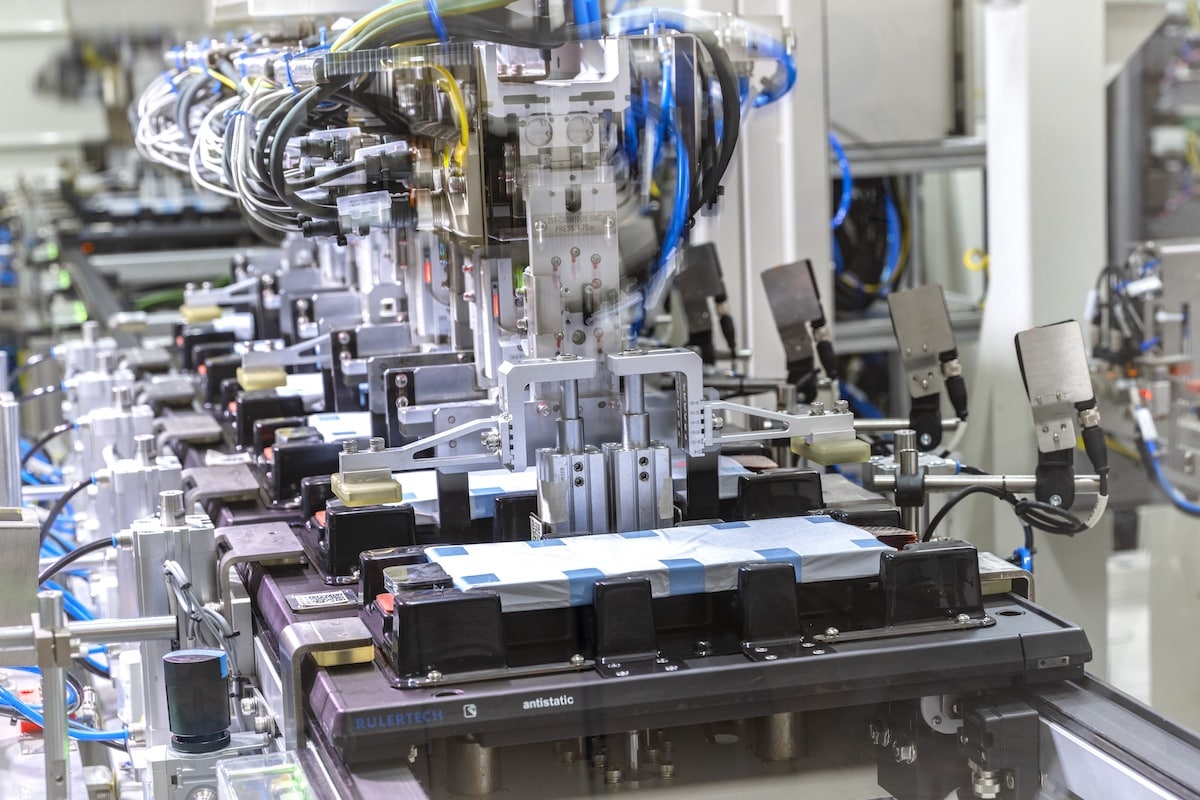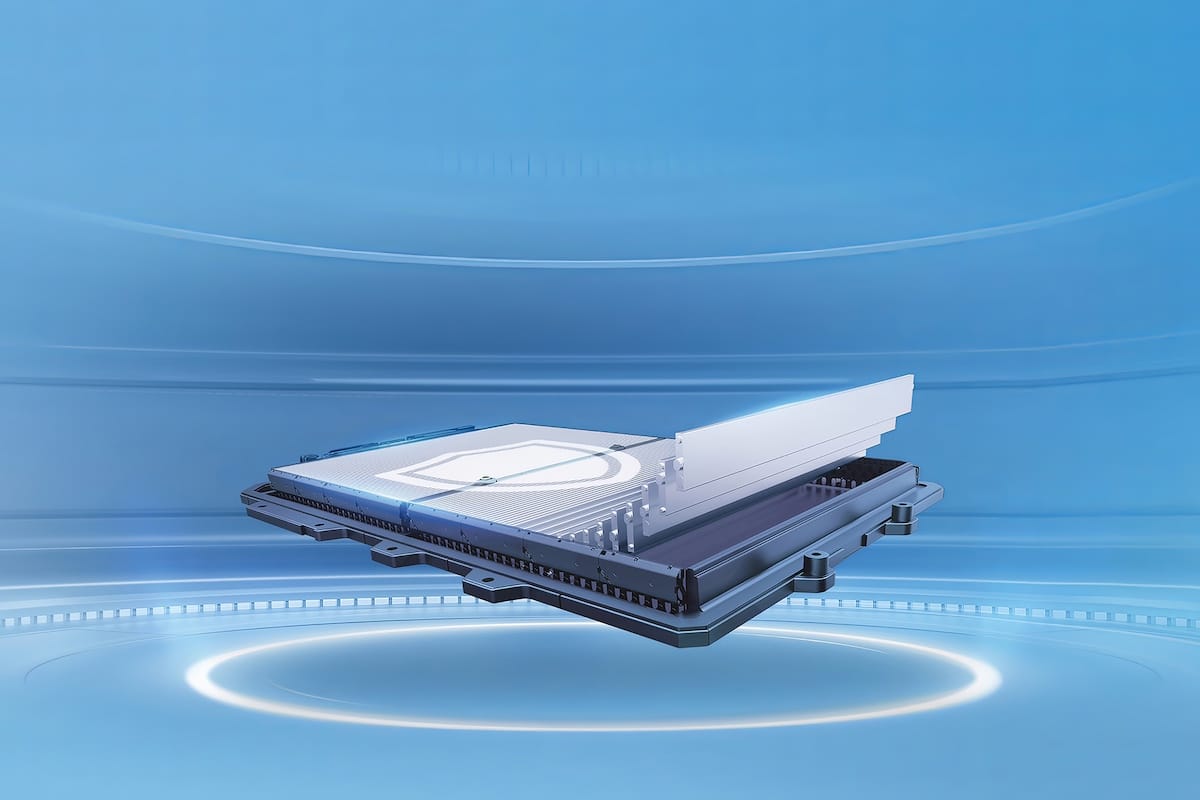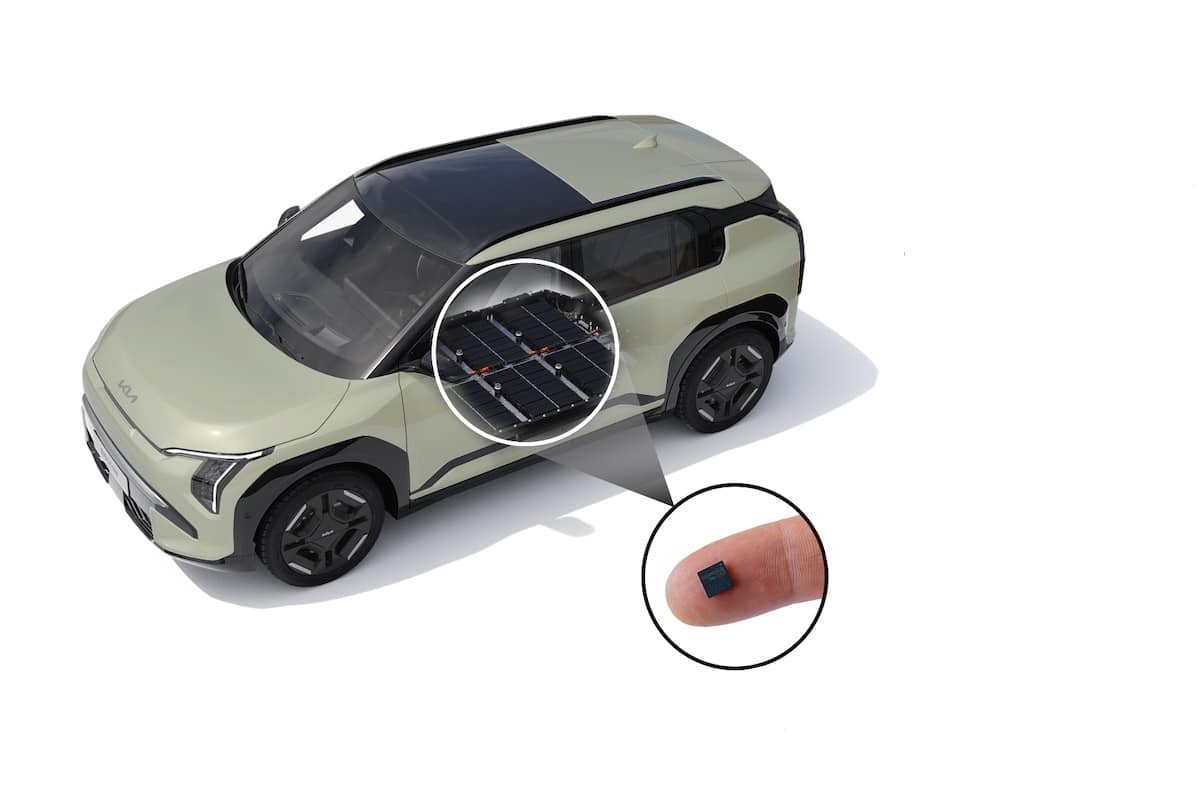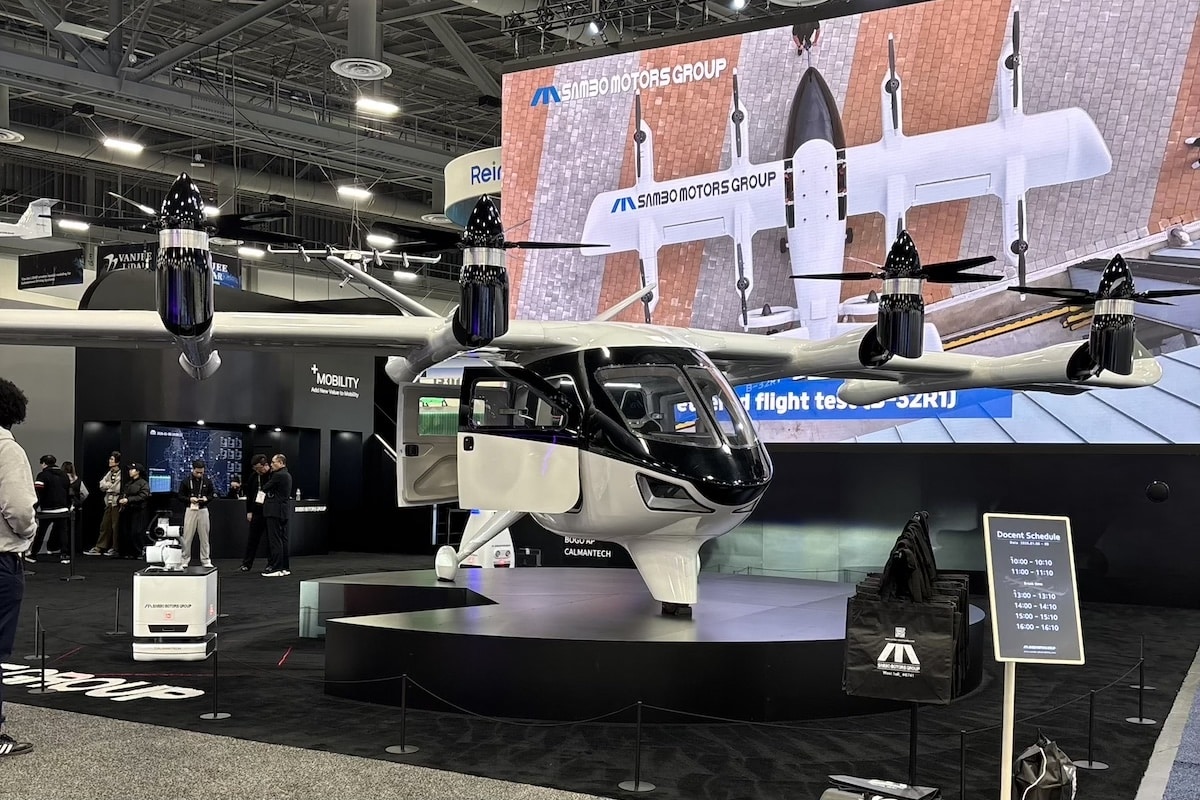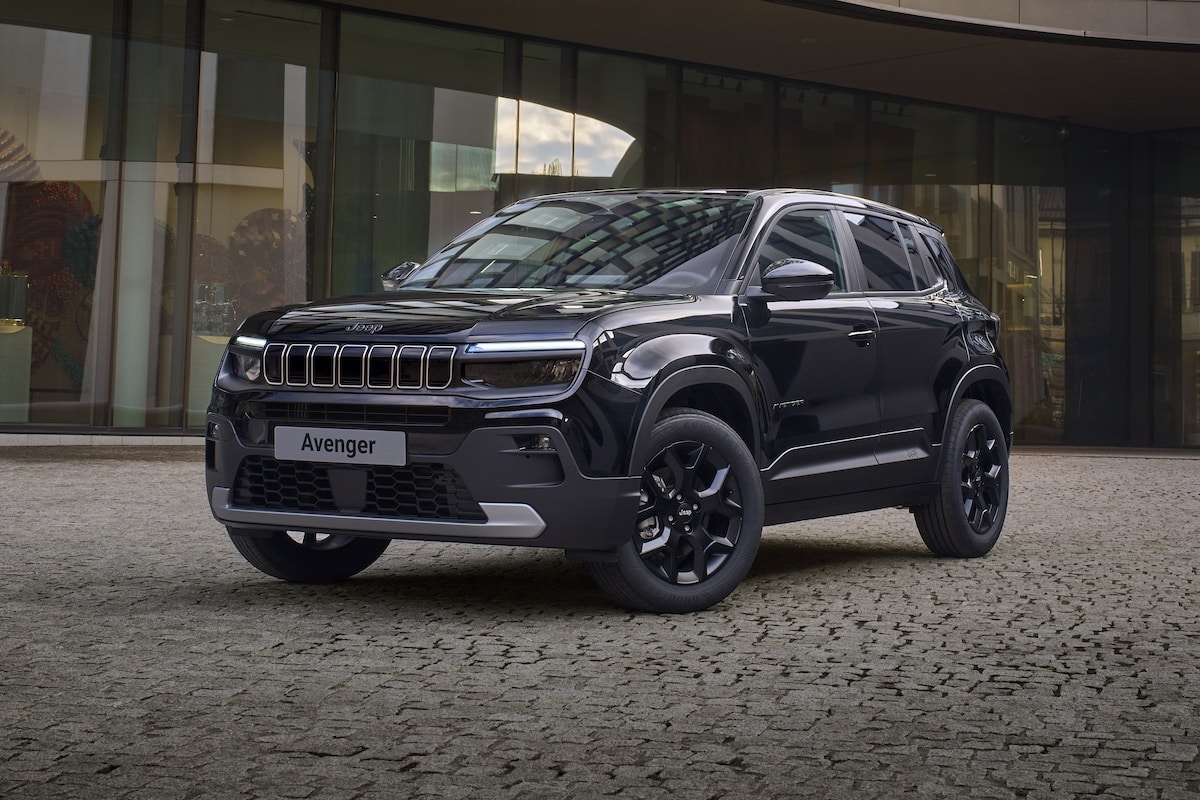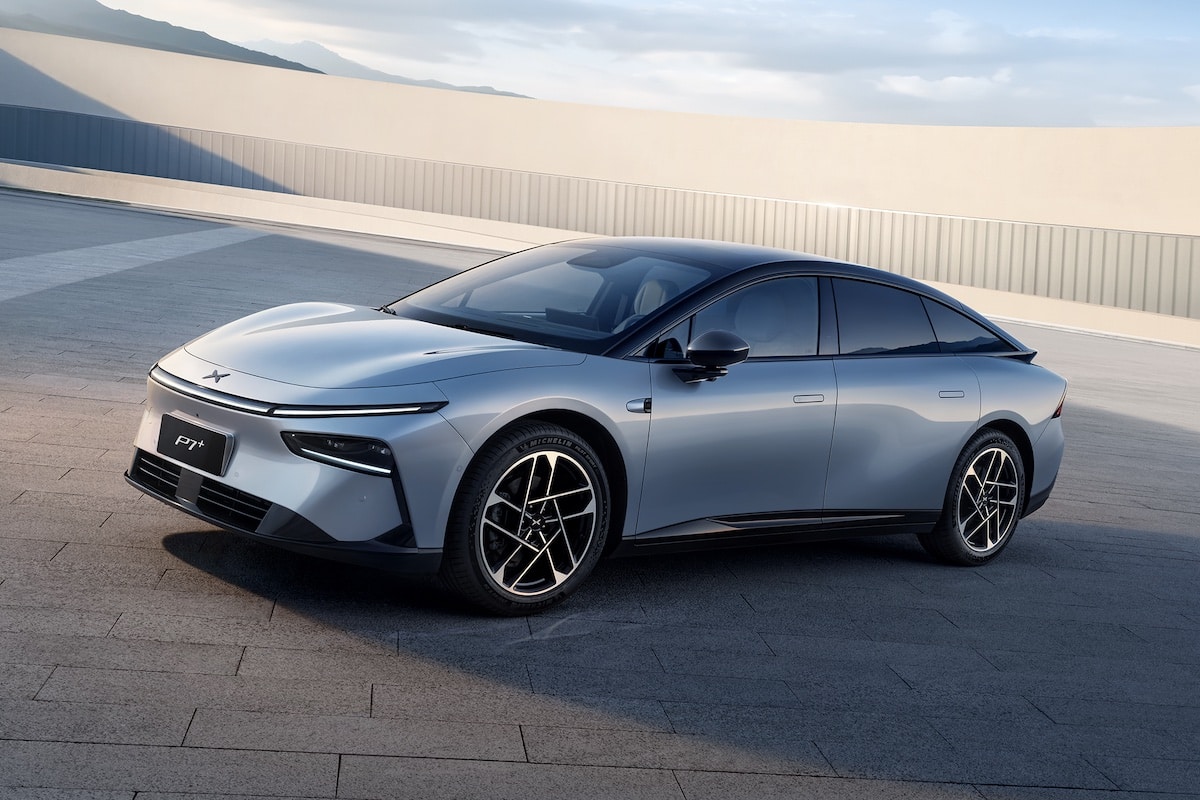Cleaner batteries for Nissan
Nissan has entered into a partnership with the American company LiCAP to develop cleaner and more efficient batteries.
Nissan is betting on the manufacturing process of cathode electrodes for solid-state batteries developed by LiCAP. The main objective is to make the production of electric batteries more environmentally friendly.
This partnership is based on a “dry” process that does not require solvents. Unlike conventional methods, it eliminates drying and solvent recovery stages, thereby reducing waste and energy consumption. Batteries are produced with less environmental impact and at a lower cost while maintaining high performance. Large-scale production remains a challenge, but this process promises to significantly improve efficiency.
The Activated Dry Electrode technology from LiCAP is at the heart of this breakthrough. It allows for the manufacturing of more efficient electrodes, faster and more sustainably than traditional methods. Through this partnership, Nissan can accelerate the development of its solid-state batteries, a key step in offering cleaner and more competitive electric vehicles.
Nissan is on the move with solid-state batteries
As of January 2025, Nissan will have a pilot line to test its solid-state batteries, and the company plans to equip its production vehicles with these batteries starting in the fiscal year 2028. LiCAP’s expertise in advanced processes for lithium-ion, solid-state, or sodium-ion batteries, as well as for ultracapacitors, enhances Nissan’s ability to transition from pilot phase to industrial production.
By combining their expertise, Nissan and LiCAP are preparing a new generation of electric vehicles. These cars will not only be more efficient and lighter, but their manufacturing will have a reduced environmental impact. This partnership reflects the automotive industry’s commitment to innovate in order to make electric mobility more sustainable by reducing waste and energy consumption right from the battery production stage.
You might be interestedin this article:
With this collaboration, Nissan takes a significant step towards electric vehicles that are both high-performing, affordable, and environmentally friendly, laying the groundwork for cleaner mobility for all.
This page is translated from the original post "Des batteries plus propres pour Nissan" in French.
We also suggestthese articles:
Also read
